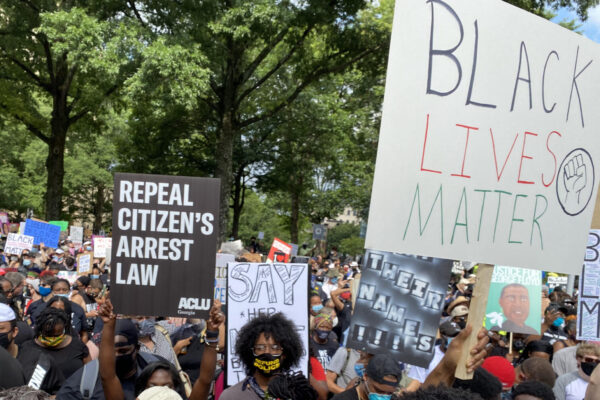It is illegal discrimination if a person or a company intentionally treats you differently based on your race, ethnicity, or national origin. For example, a landlord violates the law if you apply to rent an apartment and are told that the landlord doesn’t rent to Black people. Likewise, it is illegal for an employer to refuse to hire a person of color because of that person’s race, ethnicity, or national origin.
Some forms of illegal discrimination may be subtler. For example, an employer or housing or credit provider may adopt policies that cause unjustified and disproportionate harm to people of a particular race, ethnicity, or national origin. For example, refusing to hire anyone with any sort of criminal record disproportionately hurts Black and Latinx job applicants, who are more likely than whites to have criminal records in the current criminal justice system. Many kinds of convictions, including old convictions, will have nothing to do with an applicant’s ability to do the job. A blanket policy excluding people with criminal records would amount to illegal “disparate impact” discrimination. Additionally, depending on the reasons why this particular policy was adopted, the facts could show that the policy was driven by a desire to exclude people of color with criminal records, in which case the policy would constitute illegal intentional racial discrimination as well.
Learn more here about your right to be free from discrimination based on race, ethnicity, or national origin, and how the law protects you.
Documents
Stay Informed
Sign up to be the first to hear about how to take action.
By completing this form, I agree to receive occasional emails per the terms of the ACLU’s privacy statement.
By completing this form, I agree to receive occasional emails per the terms of the ACLU’s privacy statement.

